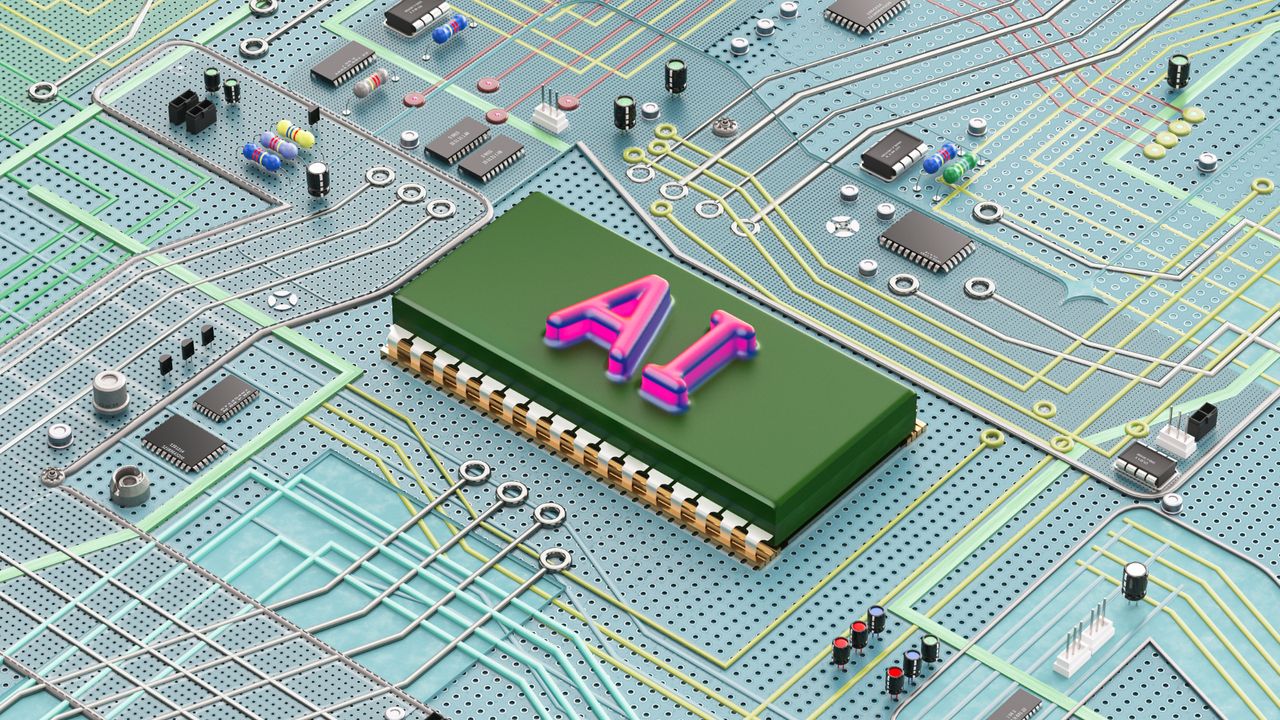
Many companies are rushing to implement various AI tools into their operation, but most of these pilot programs fail, according to an MIT study. Fortune reported that 95% do not hit their target performance, not because the AI models weren’t working as intended, but because generic AI tools, like ChatGPT, do not adapt to the workflows that have already been established in the corporate environment.
As per the report, the study's findings purportedly demonstrate that only "about 5% of AI pilot programs achieve rapid revenue acceleration." It says "the vast majority stall," and deliver "little to no measurable impact" on profit and loss. The findings are based on 150 interviews, a survey of 350 employees, and an analysis of 300 public deployments of AI.
The remaining 5% differs from all the rest because they focus on one thing and do it well. “Some large companies’ pilots and younger startups are really excelling with generative AI,” MIT researcher and lead author Aditya Challapally told the publication. “It’s because they pick one pain point, execute well, and partner smartly with companies who use their tools.”
One more issue that many organizations that use AI face is setting the wrong priorities for the use of these tools. The research reveals that AI works best in back-office automation — basically taking over administrative and repetitive tasks that many corporations tend to outsource. However, over half of the money spent on AI projects reportedly focuses on sales and marketing, departments that arguably need a human touch, especially as most buyers are still humans, not machines.
MIT says that two out of three projects that use specialized AI providers are successful, while only a third of in-house AI tools deliver expected results. Despite this, many organizations working in highly regulated fields, like finance and healthcare, prefer building their own AI programs. They likely do this to reduce regulatory risk, which can be especially damaging if an AI leaks private information — something that has happened in the past.
The research project also touched on AI’s effect on the workforce. While there haven’t been widespread layoffs because of AI yet, MIT reports that companies aren’t replacing positions that have become vacant when a staff member leaves. This was most prevalent in customer support and administrative positions — entry-level jobs that have usually been outsourced. This could be the harbinger of what several CEOs, including Anthropic’s Dario Amodei and Ford’s Jim Farley, are warning about: that AI might wipe out half of all entry-level white collar jobs in five years.
Follow Tom's Hardware on Google News to get our up-to-date news, analysis, and reviews in your feeds. Make sure to click the Follow button.







